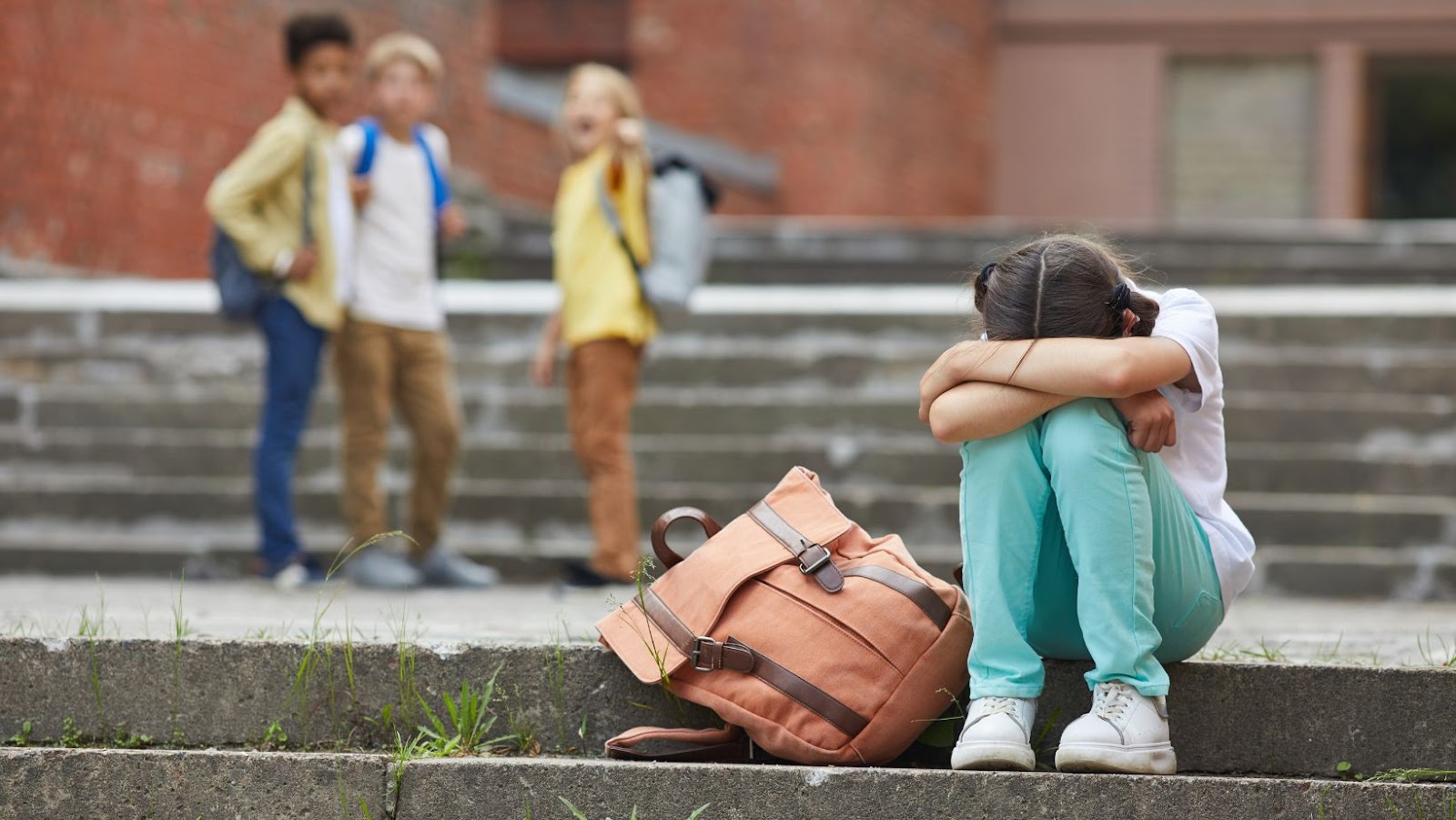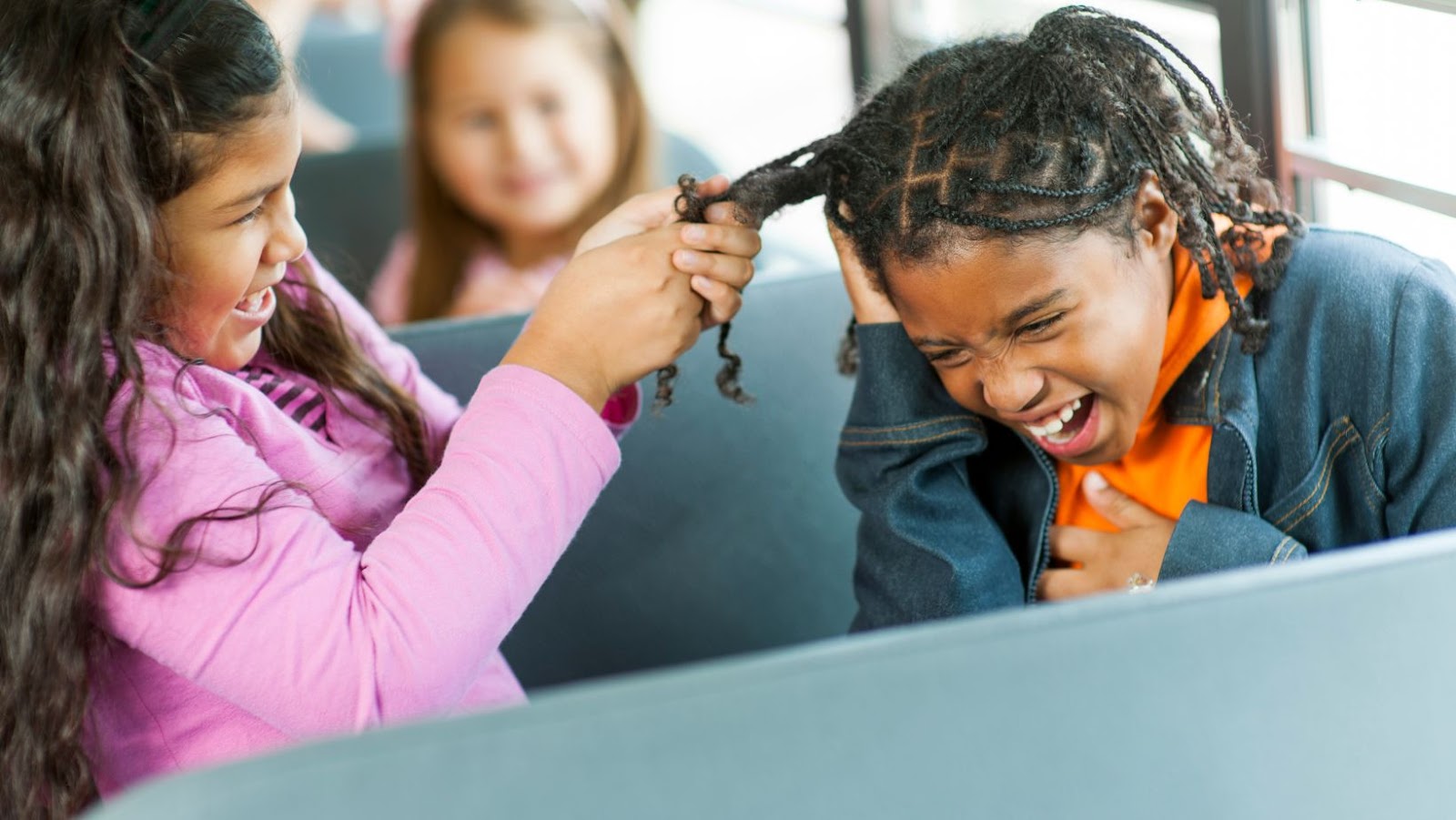
You probably remember your school years quite fondly. The stresses that come with adulthood seem to overshadow all childhood worries, so you may be surprised by all the things your child has to contend with daily. Unfortunately, one aspect of childhood is a constant presence in most schools but isn’t always universal. That is the subject of bullying.
Childhood bullying can be difficult to tackle as the parent of both the victim and the bully. These acts can seem so slight in our world; however, they can drastically alter a child’s perception of themselves and their environment. While there is no one way to approach the topic of bullying, you can arm yourself with knowledge. Read on to find out everything you need to know about childhood bullying.
Some Children Are Bullied By People They Consider Friends
As a parent, it is easy to misconstrue the idea of a bully. You probably think of a bully as someone with more brawn than brains and believe that this is the reason they choose to act out against others. However, the model of a bully is far more complex. They can literally be anyone on the school playground, even one of your child’s friends.

Children do not have the social awareness to value their peers based on their moral values or ethics. Your child will be drawn toward those who share similar interests, regardless of how that person treats them. Therefore, it is quite easy for a child to be bullied by someone they are closest to without even noticing. Try and pay attention to the kids your child associates with to ensure that they are treated fairly within their friendship group.
A Bully Is Not Aware That They Are Acting Like A Bully
Just as the victim of bullying may not be aware that they are being bullied, a bully may not understand that their behaviour can be considered bullying. Children look for any positive reinforcement from their peers, and one of the best ways to gain this gratification is with laughter. They may not understand their actions’ effect as long as their antics elicit the intended response. Therefore, a young child may be shocked to learn that their teasing or name-calling is being perceived as bullying.
This perception can be equally shocking to the parent, but it is important to view the behaviour from a child’s point of view. While your child’s actions may not have been intended as malicious, it is important to reiterate how someone else may feel if they are treated in such a manner. It is all about teaching empathy, a skill that everyone develops over time.
There Are No Legal Ramifications For Childhood Bullying
Given the damage that childhood bullying can cause, you may be wondering whether your child can seek justice outside of the school system. However, bullying is not illegal in the UK, but some forms of bullying are. In fact, children rarely see the inside of the courtroom because they are considered minors in the eyes of the law.

The only time a child may engage in the legal process is if they are testifying in a case where they are the victim of an adult’s behaviour, such as in a non-molestation order case. Even then, the child is likely to give evidence remotely or in a pre-recorded interview.
Understand If It’s Bullying Or Abuse
Things can become grey when the bullying turns physical, though, and the person responsible is of a certain age. You should speak to your child to find out exactly what is going on, and if it’s something that fits the description of abuse rather than bullying. In cases like this, you should immediately call the police and get your child to safety. If they don’t want to open to you about what’s happening to them, ensure you aren’t pushing them, as this could drive them further away.
The next step will be to speak to a lawyer. In cases like this, you are best served to ask the advice of a professional legal body like the National Legal Service. They can answer any queries you have about your specific situation.
Cyberbullying Is The Most Common Form Of Bullying
Bullying can take many forms, and it has continually evolved alongside society for hundreds of years. Unfortunately, the growth of digital technology has given rise to a new form of bullying that is difficult to ward against. This new form of bullying is known as cyberbullying, and it is estimated that almost half of the population of teens between the age of twelve and fifteen have experienced cyberbullying at some point in their lives.
Children have experienced cyberbullying on social media platforms, smartphones, and online games. It can be hard to monitor these behaviours, especially as your child gets older. The best way to prevent cyberbullying is by reducing the amount of screen time your child has, putting parental controls on the devices they use, and frequently checking their emails or other messages. Technology will only become more prevalent in our lives, so teach your child how to work safely in this environment.
There Are Ways To Combat The Effects Of Bullying
Since bullying has existed in classrooms from the moment schools were first opened, you will find plenty of advice about how to act when your child is being bullied. Most parents will speak with their child’s teacher or engage with the bully’s parent. While both of these solutions can work to stop the bullying, they cannot help your child recover from the emotional damage of their experience.
Bullying does more lasting damage than many people realise, and the effects may not present themselves for a few years after the act has ceased. That is why you need to encourage your child to regain their lost self-confidence. Help them engage in activities outside of school or pursue the things they enjoy to gain a sense of self-worth and independence. Also, always make sure you are prepared to talk about the situation. Talking helps reduce these feelings’ power, so be open about the past to ensure a brighter future for your child.
Conclusion
The topic of bullying is not one that the general public likes to discuss. What’s more, it will hopefully remain a topic that you need not have to discuss in your life. However, bullying is still prevalent in our society, but you should now be better-equipped to deal with the subject should it arise.























